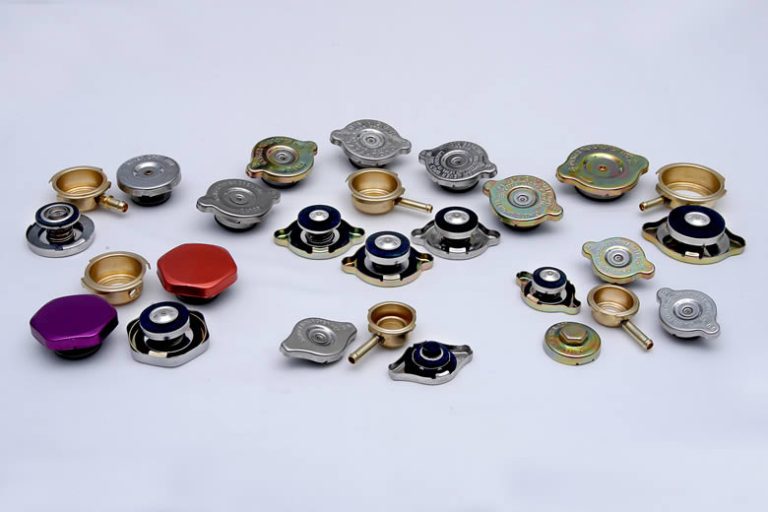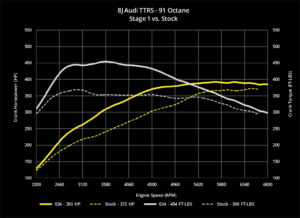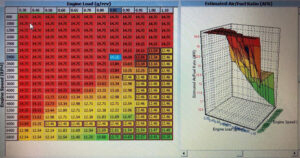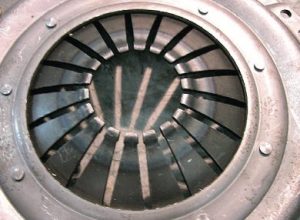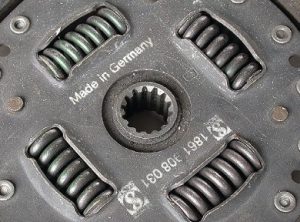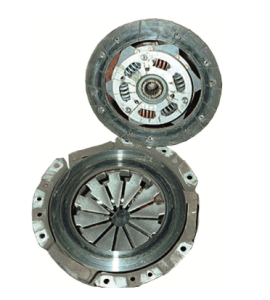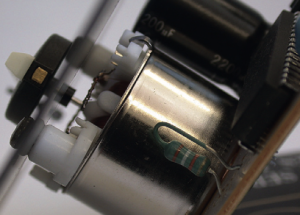Your car’s engine is a complex piece of machinery that relies on several different systems to operate effectively. One of the most critical components in your car’s cooling system is the pressure cap. In this blog, we’ll discuss what pressure caps are, how they work, and why they are important for your vehicle’s performance.
What is a Pressure Cap?
A pressure cap, also known as a radiator cap, is a small but essential component that is located on top of your vehicle’s radiator. It is responsible for maintaining the correct pressure level within the radiator and the rest of the cooling system. The pressure cap seals the radiator and creates a closed system, allowing the coolant to circulate freely, preventing leaks and controlling the pressure levels within the system.
How Does a Pressure Cap Work?
A pressure cap is designed with two valves: a pressure valve and a vacuum valve. When the engine is running, the coolant in the radiator heats up and expands, increasing the pressure within the system. The pressure valve on the pressure cap is responsible for controlling this pressure level. If the pressure gets too high, the valve will open and release excess pressure into the overflow tank. This helps to prevent the coolant from boiling and damaging the engine.
Similarly, when the engine is turned off, the coolant in the radiator cools down, causing it to contract and creating a vacuum. The vacuum valve on the pressure cap is designed to control this vacuum by allowing air to enter the system, preventing the coolant from being sucked back into the radiator from the overflow tank.
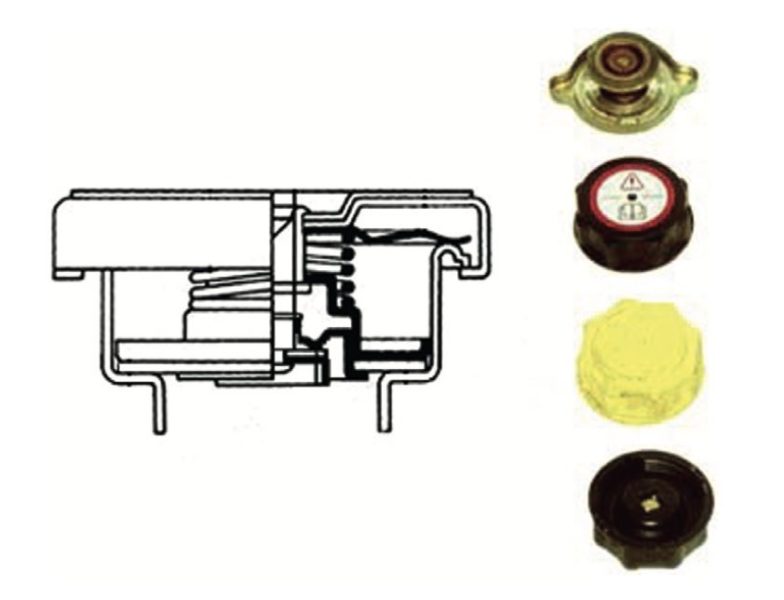
Why are Pressure Caps Important for Your Vehicle?
Pressure caps are essential for your vehicle’s cooling system to operate effectively. They maintain the correct pressure levels, which helps to prevent overheating and other issues that can damage the engine. A faulty or malfunctioning pressure cap can lead to a loss of coolant, which can cause the engine to overheat and potentially cause severe damage.
In addition to maintaining pressure levels, pressure caps also play a crucial role in preventing leaks in the cooling system. The cap seals the radiator, preventing coolant from escaping and air from entering the system. This helps to ensure that the coolant circulates effectively throughout the engine, keeping it cool and preventing damage.
Conclusion
Pressure caps may seem like a small component, but they play a vital role in your vehicle’s performance. They help to maintain the correct pressure levels in the cooling system, prevent leaks, and protect the engine from damage. If you suspect that your pressure cap is faulty, it’s essential to have it inspected and replaced by a qualified mechanic. Regular maintenance of your vehicle’s cooling system, including checking the pressure cap, can help prevent costly repairs and ensure your vehicle operates efficiently for years to come.
Pressure caps are typically rated based on the pressure they can withstand, typically between 12 and 16 PSI (pounds per square inch). This rating indicates the maximum pressure that the cap can withstand before the pressure valve opens and releases the excess pressure. It’s important to ensure that you have the correct pressure cap for your vehicle to maintain the proper pressure levels in the cooling system.
One thing to note is that pressure caps can wear out over time, which can lead to a loss of pressure and coolant. Signs of a faulty pressure cap may include coolant leaks, engine overheating, or a drop in coolant levels. If you notice any of these signs, it’s essential to have your cooling system inspected by a qualified mechanic to identify the root cause of the issue.
In addition to the pressure valve and vacuum valve, some pressure caps may also have a secondary valve, called a bypass valve. The bypass valve is designed to allow coolant to flow back into the engine if the pressure valve fails or if the coolant flow is restricted due to a clogged radiator or hose.
Another important consideration when it comes to pressure caps is the type of coolant you use in your vehicle. Some coolants contain additives that can cause the pressure cap to corrode or degrade over time. It’s essential to use the recommended type of coolant for your vehicle to prevent damage to the pressure cap and other components of the cooling system.
In summary, pressure caps are a critical component of your vehicle’s cooling system that helps to maintain the correct pressure levels, prevent leaks, and protect the engine from damage. Regular maintenance of your vehicle’s cooling system, including checking the pressure cap, can help ensure your vehicle operates efficiently and prevent costly repairs down the road.
Advantages of Pressure Caps:
- Maintains proper pressure levels: The pressure cap is responsible for maintaining the proper pressure level in the cooling system, which helps prevent engine overheating and other issues that can lead to engine damage.
- Prevents leaks: The pressure cap seals the radiator and helps prevent coolant from leaking out of the system. This ensures that the coolant circulates effectively throughout the engine, keeping it cool and preventing damage.
- Increases efficiency: By maintaining the proper pressure level in the cooling system, pressure caps help to increase the efficiency of the engine. This can lead to better fuel economy and improved overall performance.
- Easy to replace: Pressure caps are a relatively inexpensive and easy-to-replace component of the cooling system. This makes it easy for car owners to maintain their vehicle and prevent costly repairs.
Disadvantages of Pressure Caps:
- Can wear out over time: Like any mechanical component, pressure caps can wear out over time. This can lead to a loss of pressure and coolant, which can cause engine damage if not addressed promptly.
- Requires regular maintenance: Pressure caps require regular maintenance to ensure that they are functioning properly. Failure to maintain the pressure cap can lead to coolant leaks, engine overheating, and other issues.
- Can be affected by coolant additives: Some types of coolant contain additives that can cause the pressure cap to corrode or degrade over time. It’s important to use the recommended type of coolant for your vehicle to prevent damage to the pressure cap and other components of the cooling system.
- May not be compatible with aftermarket parts: Some aftermarket radiators or cooling system components may not be compatible with the original pressure cap. It’s important to ensure that any replacement parts are compatible with the pressure cap to prevent leaks and other issues.
In conclusion, while pressure caps are a critical component of your vehicle’s cooling system that help maintain proper pressure levels, prevent leaks, and increase engine efficiency, they do require regular maintenance and can wear out over time. It’s important to use the recommended type of coolant and ensure that any replacement parts are compatible with the pressure cap to prevent issues down the road.

